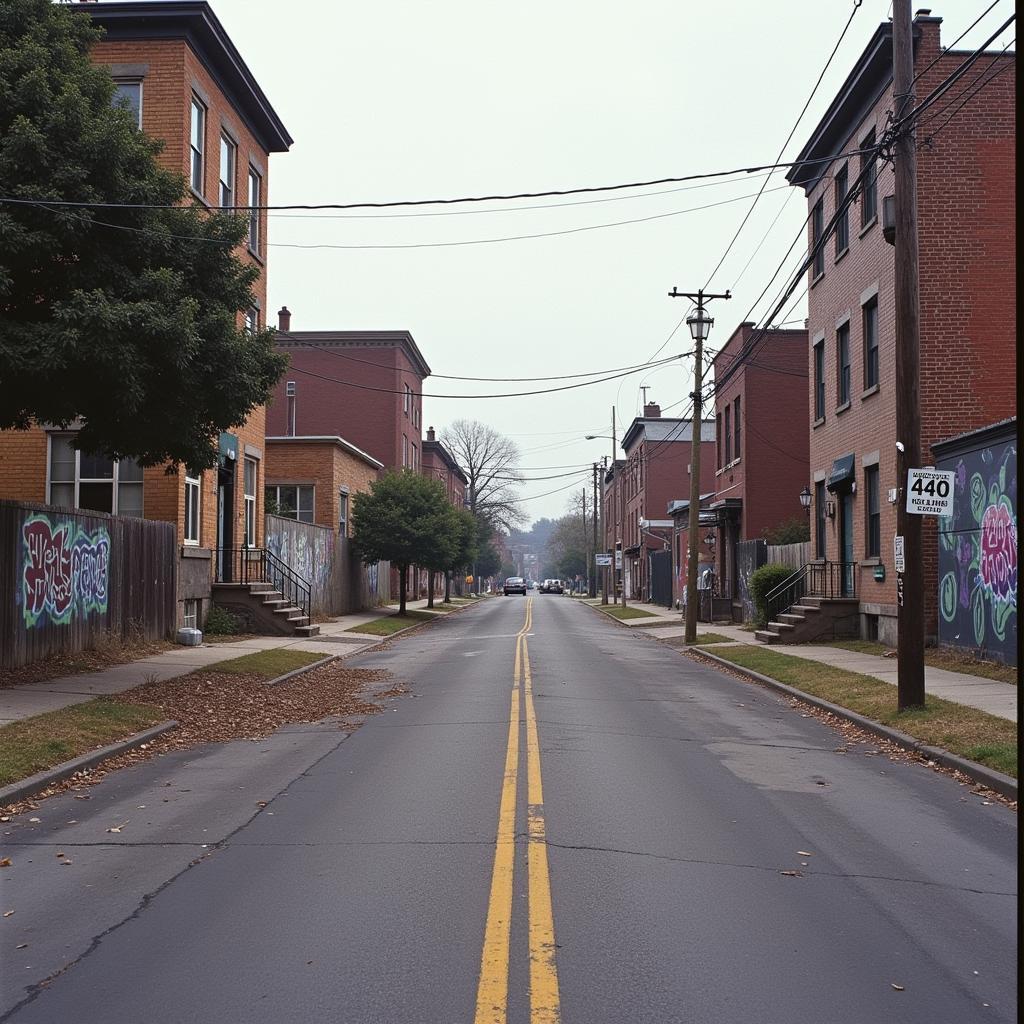The Devastating Impact of the African American Crack Epidemic
The African American Crack Epidemic of the 1980s and 1990s had a devastating impact on communities across the United States, leaving a legacy of social and economic challenges that persist to this day. This period saw a surge in crack cocaine use, leading to increased crime rates, incarceration, and the breakdown of families, disproportionately affecting African American communities. Understanding the historical context, social ramifications, and ongoing efforts to address the consequences of this epidemic is crucial to fostering healing and building a more equitable future.
The Rise of Crack Cocaine in the 1980s
The introduction of crack cocaine, a cheaper and more potent form of cocaine, in the early 1980s created a perfect storm for addiction. Its affordability and highly addictive nature led to a rapid increase in use, particularly in marginalized communities already struggling with poverty, unemployment, and lack of access to resources. The African American community was particularly vulnerable to the allure of crack cocaine, with many turning to the drug as a means of escape from the harsh realities of their lives. This period also coincided with the rise of gang violence, as drug trafficking became a lucrative and violent enterprise.
A significant factor contributing to the disproportionate impact on the African American community was the existing racial inequalities in housing, education, and employment. These systemic issues created a breeding ground for despair and desperation, making individuals more susceptible to drug use. The war on drugs, launched in the 1980s, further exacerbated the problem, leading to mass incarceration and the further marginalization of African American communities.
 The Impact of the African American Crack Epidemic in the 1980s
The Impact of the African American Crack Epidemic in the 1980s
The Social and Economic Consequences
The African American crack epidemic had far-reaching consequences that extended beyond individual addiction. The rise in crime associated with the drug trade shattered communities and created a cycle of violence. Families were torn apart by addiction, incarceration, and the loss of loved ones. The epidemic also had a devastating impact on the economic well-being of African American communities, contributing to increased poverty, unemployment, and homelessness.
“The crack epidemic wasn’t just about drugs; it was about the systematic dismantling of communities,” explains Dr. Amani Jackson, a sociologist specializing in the impact of drug policy on marginalized communities. “The war on drugs, while intended to curb drug use, ultimately resulted in the mass incarceration of African Americans, further destabilizing families and communities.”
The Legacy and Ongoing Challenges
The legacy of the African American crack epidemic continues to be felt today. The high rates of incarceration resulting from the war on drugs have had a devastating impact on generations of African Americans, contributing to economic inequality, limited opportunities, and the perpetuation of cycles of poverty. The stigma associated with drug use also remains a barrier to accessing treatment and support services.
What were the long-term effects of the crack epidemic? The long-term effects include increased incarceration rates, persistent economic inequality, and the ongoing struggle with addiction and its related social problems.
Addressing the legacy of the crack epidemic requires a multifaceted approach that focuses on providing access to treatment and support services, addressing systemic inequalities, and promoting community healing.
Moving Forward: Healing and Recovery
While the scars of the crack epidemic remain, there is hope for healing and recovery. Community-based organizations are working tirelessly to provide support services to individuals and families affected by addiction. Efforts to reform the criminal justice system and address racial disparities are also gaining momentum. It is crucial to recognize the historical context of the crack epidemic and the systemic factors that contributed to its devastating impact.
“We must move beyond simply punishing individuals and address the root causes of addiction,” says Dr. Jackson. “This includes investing in education, job training, and affordable housing, as well as providing access to quality healthcare and mental health services.”
Conclusion
The African American crack epidemic was a tragic chapter in American history, with devastating consequences that continue to resonate today. By understanding the root causes of the epidemic and its impact, we can work towards creating a more just and equitable future for all. This requires a commitment to addressing systemic inequalities, providing access to treatment and support services, and promoting community healing and recovery. The African American crack epidemic serves as a stark reminder of the importance of investing in communities and addressing the social determinants of health.
FAQ
- What was the primary cause of the crack epidemic? The introduction of crack cocaine, a cheaper and more potent form of cocaine, fueled the epidemic.
- Which communities were most affected by the crack epidemic? African American communities were disproportionately affected due to existing social and economic inequalities.
- What were the consequences of the crack epidemic? Increased crime, incarceration, family breakdown, and economic devastation were among the consequences.
- How did the war on drugs impact the crack epidemic? It led to mass incarceration, further marginalizing African American communities.
- What are some solutions to address the legacy of the crack epidemic? Investing in community programs, addressing systemic inequalities, and providing access to treatment and support services are essential.
- What can I do to help those affected by the crack epidemic? Support organizations working to provide resources and advocate for policy changes that promote equity.
- Where can I find more information on the history of the African American crack epidemic? Explore resources like African American history 1980s for more information.
Related Content
For further exploration on related topics, you can check out:
- African American gangster movies on Netflix
- African American gangs in Los Angeles
- African American thriller movies
Need Support?
If you or someone you know needs help with addiction, please reach out. Contact us at +255768904061, email [email protected], or visit us at Mbarali DC Mawindi, Kangaga, Tanzania. We have a 24/7 customer support team ready to assist you.

